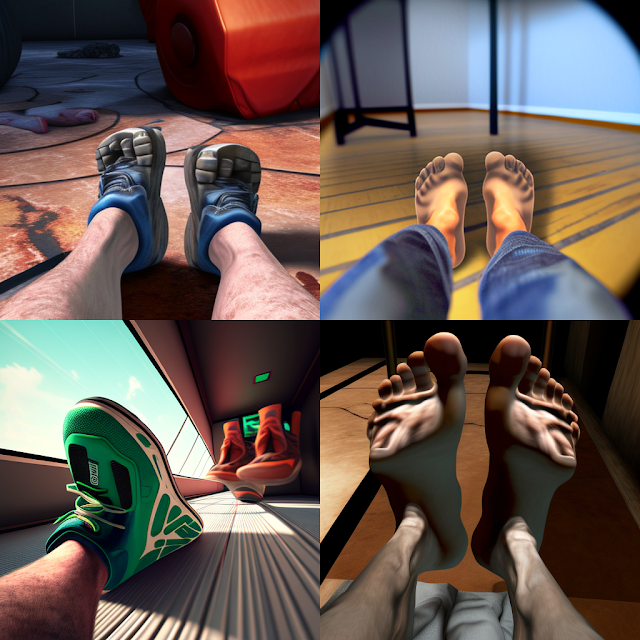📱 Virtual reality (VR) technology has the potential to be used in a variety of settings, including in the education and management of diabetes.
This technology allows users to immerse themselves in a simulated environment and interact with it in a way that feels real.
💻 VR has the potential to revolutionize the way diabetes is managed by providing a more interactive and engaging way to learn about the condition and how to manage it. For example, VR could be used to simulate different scenarios and challenges that individuals with diabetes may encounter in their daily lives, allowing them to practice managing their condition in a safe and controlled environment.
👩⚕️ VR could also be used to provide virtual consultations with healthcare providers, allowing individuals with diabetes to receive care from the comfort of their own home. This could be particularly beneficial for individuals who live in rural areas or who have mobility issues that make it difficult to access in-person care.
🏥 There is some evidence to suggest that VR interventions may be effective in improving diabetes self-management skills and outcomes. For example, one study found that a VR intervention for diabetes education was associated with improved glycemic control, increased knowledge about diabetes self-management, and increased self-efficacy in managing the condition.
🤓 While the use of VR for diabetes education and management is still in the early stages, it has the potential to be a powerful tool for improving care and outcomes for individuals with diabetes. Further research is needed to fully understand the potential of VR in this setting and to identify the most effective ways to use this technology to improve diabetes care.
😎 Overall, the use of VR for diabetes education and management is an exciting and promising area of research that has the potential to transform the way this condition is managed.


Comments
Post a Comment